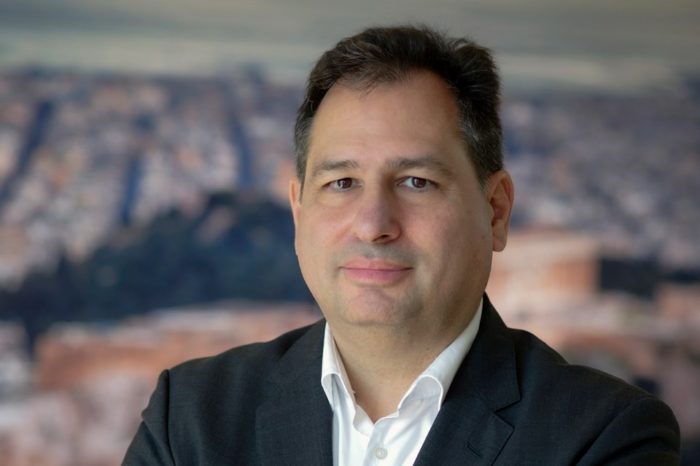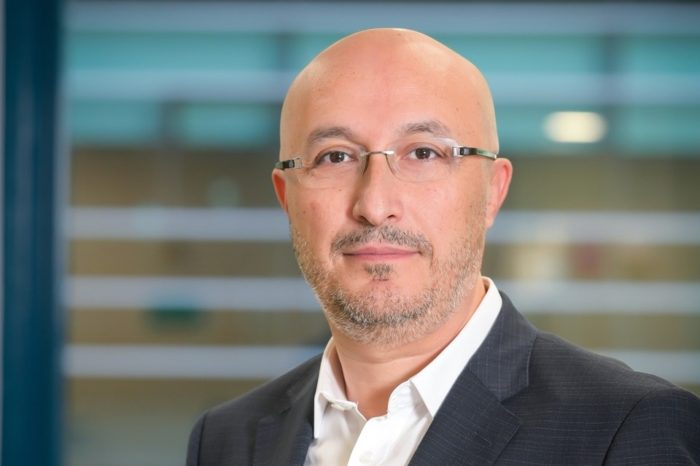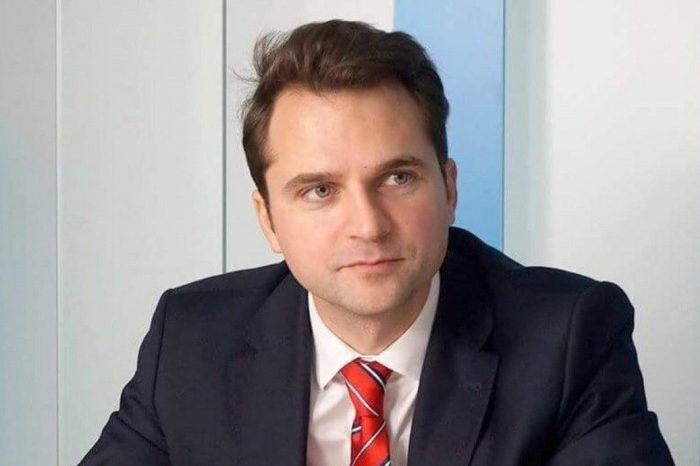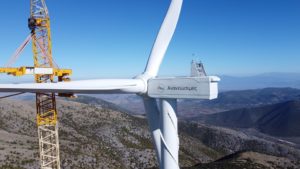CHEP appointed Gabriel Ivan as Country General Manager for Romania & Bulgaria
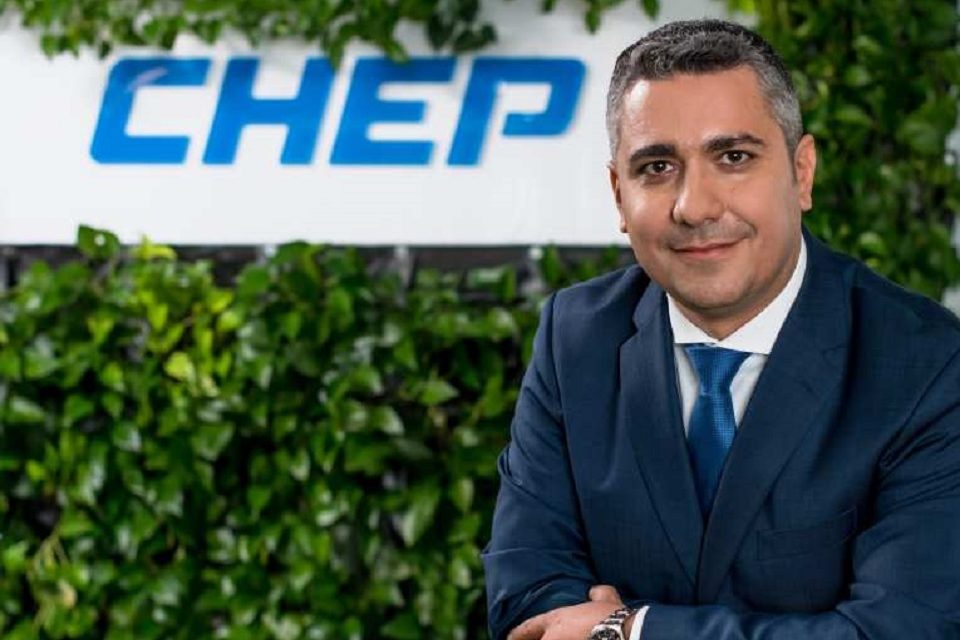
The logistics group CHEP, leading pallet pooling supplier for the European supply chain, announces the appointment of Gabriel Ivan as the Country General Manager for Romania and Bulgaria after three years of leading the development of the local subsidiary.
In this expanded role, Gabriel Ivan will help advance supply chain collaboration and optimization across Bulgaria, as well as accelerate the subsidiary’s healthy profitable growth to strengthen CHEP’s leadership on the regional supply chain market.
Gabriel Ivan will coordinate CHEP’s Commercial Operations for Romania and Bulgaria, being also responsible for leadership of the P&L for both entities, that entered the South-eastern region in 2012.
“As both markets have a similar economic context and conditions for development, we aim to strengthen our position as the logistics supplier of choice for efficient pallet management costs and environmentally friendly distribution operations in the region. This will translate into healthy growth for every actor in the supply chain,” said Gabriel Ivan.
Romania is one of the fastest growing markets for the logistics group, having reached the highest yearly growth rates in the European network within the last years. The Romanian subsidiary posted RON 117 million (USD 29.5 million) total revenues on 31 December 2020, maintaining its yearly double digit year-on-year growth despite an uncertain economic environment. The company portfolio includes more than 400 FMCG local and international companies operating in Romania, that are using CHEP’s pallets to cut costs and environmental impact in their supply chain.
CHEP Bulgaria is the leading supplier of pallet pooling services on the market, with a current portfolio of 200 FMCG clients and USD 3.69 million annual revenue at the end of December 2020.
CHEP’s circular business model implies renting and sharing high quality standard reusable pallets by multiple customers who collectively benefit from lower costs in the network of the local and regional pool and a lower carbon footprint, versus buying and managing the equipment individually.

